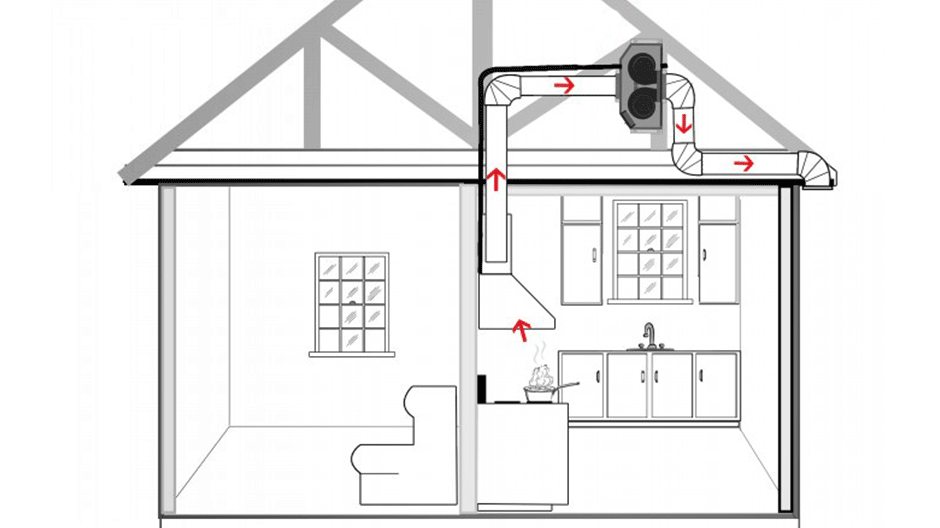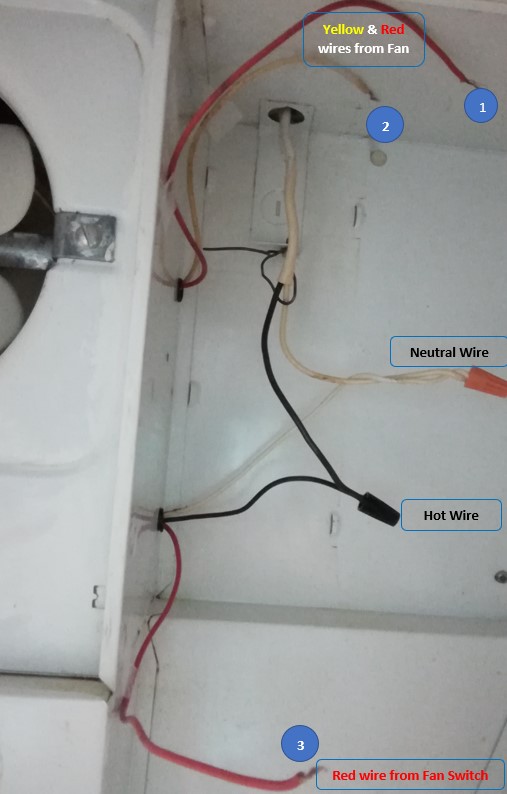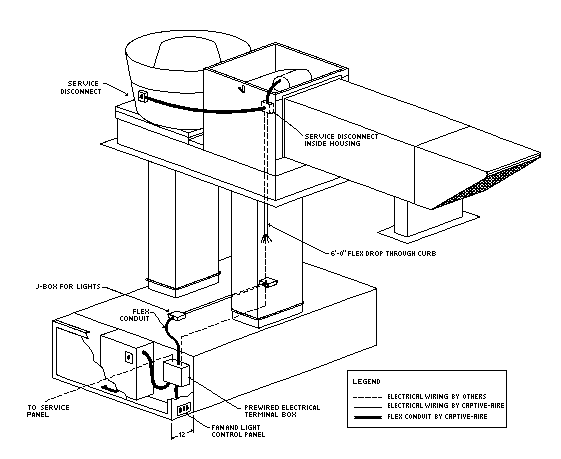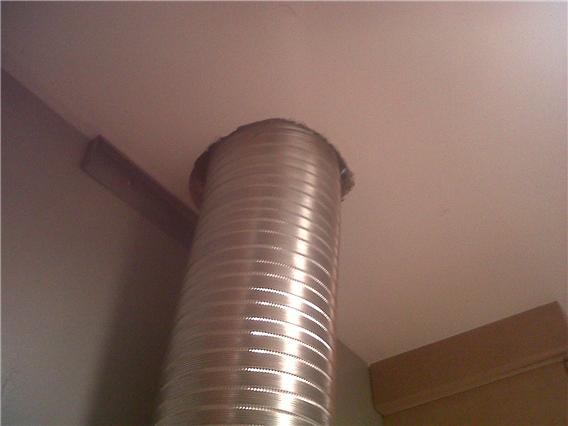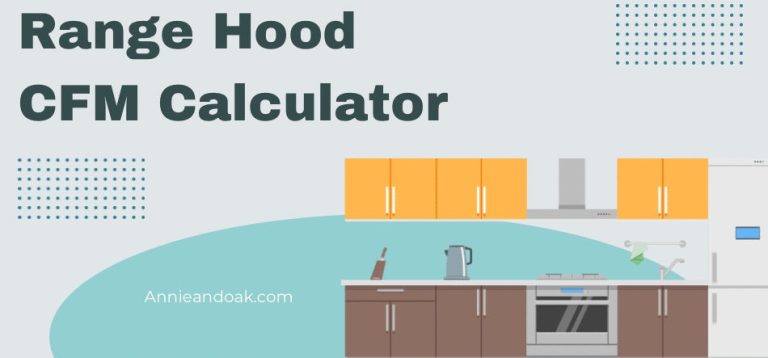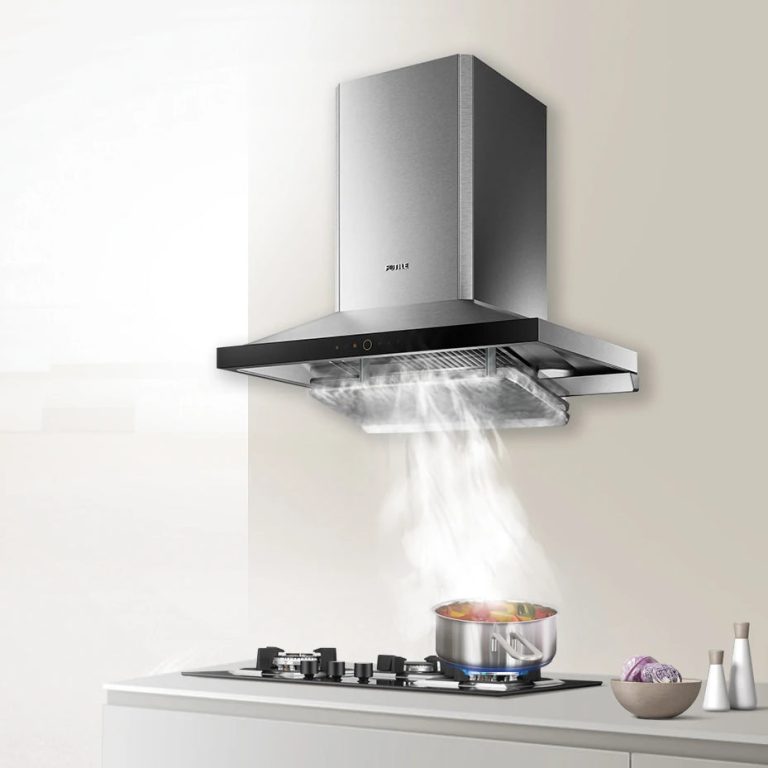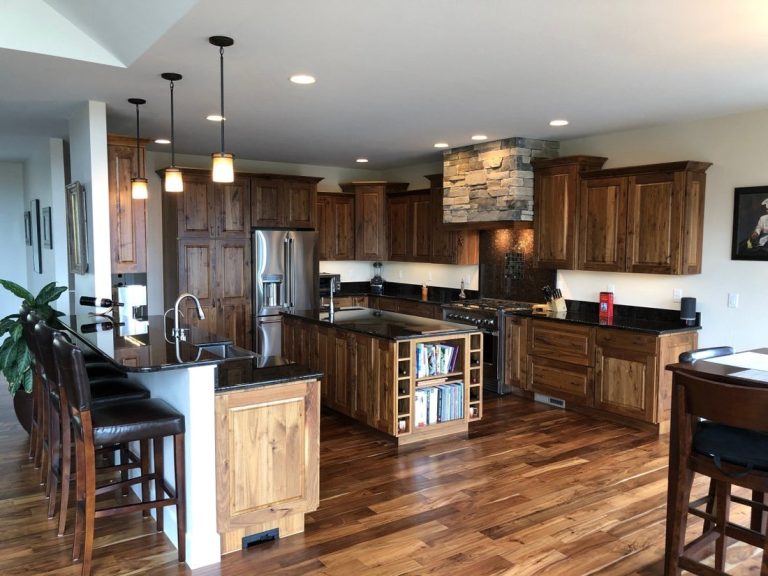Range hood external blowers operate outside your home, providing quieter performance and better ventilation. Internal blowers sit inside the range hood, making installation simpler but often noisier.
Choosing between an external and internal blower for your range hood can significantly impact your kitchen environment. External blowers excel in reducing noise and improving air circulation, making them ideal for open-concept layouts. They are often more powerful, capable of handling heavy cooking styles.
On the other hand, internal blowers are easier to install and maintain, appealing to those seeking convenience. Understanding these options helps you select the right blower based on your cooking habits and kitchen design. Ultimately, your choice affects air quality, noise levels, and overall cooking experience.
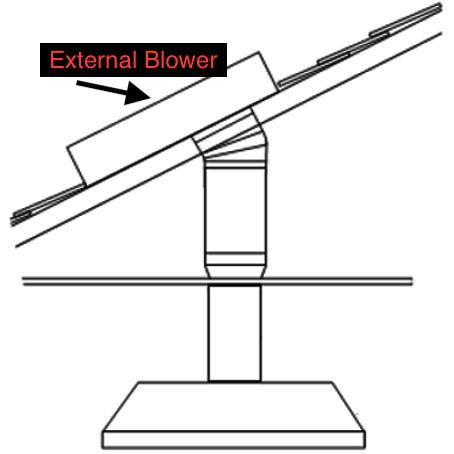
Credit: www.byhyu.com
Introduction To Range Hood Blowers
Range hoods play an essential role in kitchen ventilation. They help remove smoke, odors, and heat. Choosing between an external and internal blower is important.
External blowers are located outside the home. They are quieter and more powerful. This type can handle larger kitchens with heavy cooking.
On the other hand, internal blowers are built into the hood. They are more compact and easier to install. This option is suitable for smaller kitchens.
| Feature | External Blower | Internal Blower |
|---|---|---|
| Noise Level | Quieter | Louder |
| Power | More Powerful | Less Powerful |
| Installation | Complex | Easy |
| Best For | Large Kitchens | Small Kitchens |
Internal Blowers: Pros And Cons
Internal blowers are easy to integrate into kitchen designs. They fit well with most range hoods. This makes installation quicker and simpler.
Noise levels can be a concern with internal blowers. They often produce more noise than external models. This could disturb cooking and conversation.
Maintenance is generally straightforward with internal blowers. Cleaning the filters is simple and quick. Regular upkeep helps maintain performance and extends the blower’s lifespan.
External Blowers: Pros And Cons
External blowers offer powerful ventilation, making them great for large kitchens. They can effectively remove smoke, steam, and odors.
Another benefit is noise reduction. External blowers are quieter than internal ones. This feature creates a more peaceful cooking environment.
Installation can be complex. It often requires modifications to the kitchen. A professional may be needed for best results.
Power And Performance
CFM ratings show how much air a range hood moves. External blowers often have higher CFM ratings. This means they can remove more smoke and odors quickly.
Higher CFM ratings improve the cooking experience. They keep the kitchen cleaner and more comfortable. Less heat and humidity make cooking enjoyable.
Internal blowers are quieter. They are easier to install but may not be as powerful. For serious cooking, external blowers are often the better choice.
| Type | CFM Rating | Noise Level |
|---|---|---|
| External Blower | High | Moderate |
| Internal Blower | Lower | Low |
Noise Considerations
Noise levels in kitchens matter for comfort. Range hoods can be loud. Choosing between external and internal blowers affects sound.
Measuring decibels helps understand noise. A lower number means less noise. A typical range hood can produce 60 to 70 decibels. This is similar to a busy street.
External blowers usually operate at 50 to 60 decibels. This is quieter than internal options. A quieter kitchen improves the quality of life.
| Type | Decibel Range | Noise Level Comparison |
|---|---|---|
| Internal Blower | 60-70 dB | Higher noise |
| External Blower | 50-60 dB | Lower noise |
Installation Implications
Installing an external blower requires more professional expertise. Technicians must ensure proper ductwork is in place. This setup can be complex and may need more time.
Internal blowers are generally easier to install. They fit into the range hood directly. Many homeowners can handle this installation without help.
Cost factors vary greatly between the two systems. External blowers often have higher installation costs. This is due to extra materials and labor needed.
Internal blowers usually have lower upfront costs. They are less complex and easier to buy. Long-term maintenance costs can also differ significantly.
Maintenance And Durability
Cleaning external blowers is often easier. They sit outside the kitchen. This makes it simple to reach them. Internal blowers need more care. They are hidden inside the hood. Dust and grease can build up quickly. Regular cleaning helps them run well.
Longevity is key for both types. External blowers usually last longer. They face less heat and grease. Internal blowers can wear out faster. They work harder in a hot environment. Reliable brands can improve durability.
Look for quality materials in both types. Stainless steel is a good choice. It resists rust and stains. Check for warranty options too. A longer warranty often means better reliability.
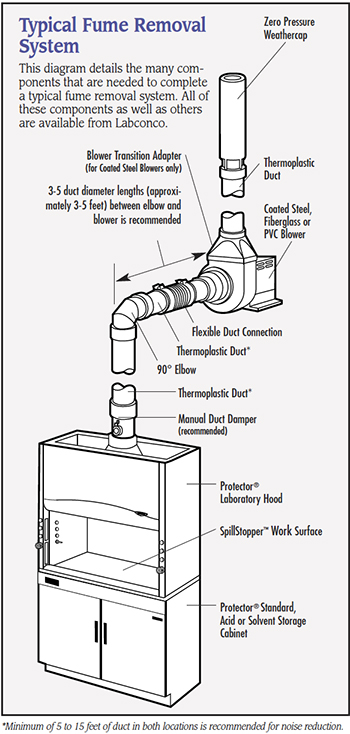
Credit: www.labconco.com
Making The Optimal Choice
Consider your personal cooking habits. If you cook often, an external blower may be better. It removes smoke and odors more effectively. For occasional cooks, an internal blower might suffice.
Examine your kitchen size and layout. A larger kitchen benefits from an external blower. It can handle more air and keeps the space fresh. Smaller kitchens often work well with internal blowers due to space constraints.
Review your budget considerations. External blowers typically cost more but offer better performance. Internal blowers are cheaper and easier to install. Weigh your needs against your budget for the best choice.
Conclusion: Balancing Factors For The Ideal Selection
External blowers are powerful and quiet. They work well for larger kitchens. These blowers are installed outside, reducing noise indoors.
Internal blowers are easier to install. They are compact and fit in the range hood. These blowers are often cheaper but may be noisier.
Consider the size of your kitchen. A larger kitchen benefits from an external blower. For smaller spaces, an internal blower may suffice.
Energy efficiency matters too. External blowers can be more efficient in energy use. Always check the CFM rating for effective ventilation.
| Feature | External Blower | Internal Blower |
|---|---|---|
| Noise Level | Lower | Higher |
| Installation | Complex | Simple |
| Cost | Higher | Lower |
| Efficiency | More Efficient | Less Efficient |
Think about your kitchen’s style and layout. Choose the blower that fits your needs. Always prioritize ventilation quality for a comfortable cooking experience.
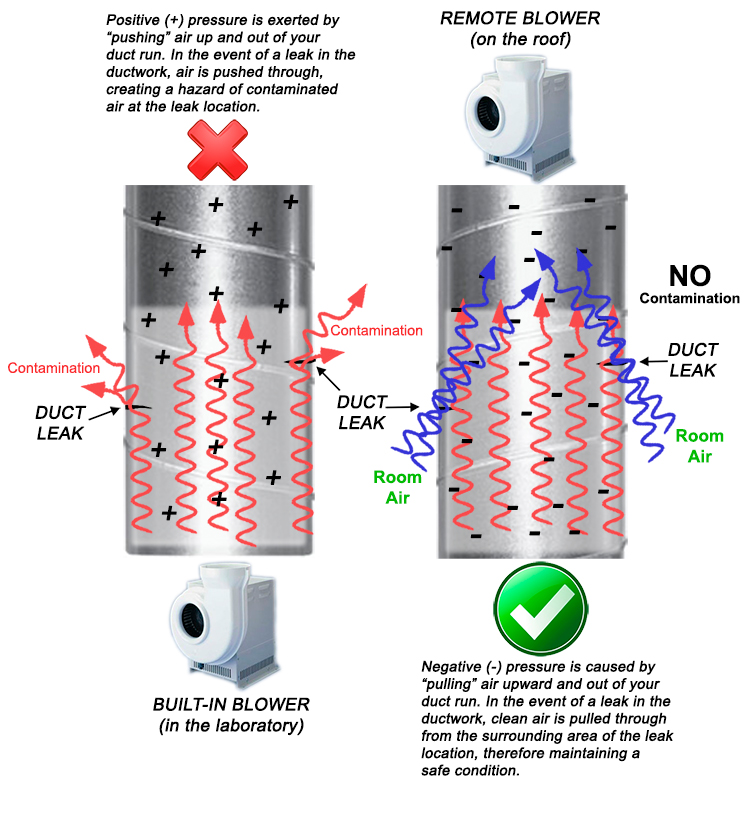
Credit: www.labconco.com
Frequently Asked Questions
What Is An External Blower For Range Hoods?
An external blower is a powerful ventilation device mounted outside your home. It effectively removes smoke and odors from the kitchen. This setup reduces noise levels indoors and can handle higher volumes of air. It’s ideal for larger cooking spaces or heavy-duty cooking.
How Does An Internal Blower Work?
An internal blower is built into the range hood itself. It circulates air through filters and expels it outside. This design is more compact and easier to install. However, it may produce more noise and is less efficient for larger kitchens compared to external options.
Which Is Quieter: External Or Internal Blower?
Generally, external blowers are quieter than internal ones. Since they are located outside the home, noise levels inside are significantly reduced. This makes them a popular choice for homeowners seeking a peaceful cooking environment. The trade-off is often a more complex installation process.
Are External Blowers More Powerful?
Yes, external blowers are typically more powerful than internal ones. They can handle larger volumes of air, making them ideal for heavy cooking. This capability helps eliminate smoke and grease more effectively. For serious cooks, the extra power can be a game-changer in kitchen ventilation.
Conclusion
Choosing between an external and internal blower for your range hood depends on your kitchen needs. External blowers offer powerful ventilation and quieter operation, while internal blowers save space and are easier to install. Evaluate your cooking habits and kitchen layout to make the best choice for a clean and comfortable cooking environment.
